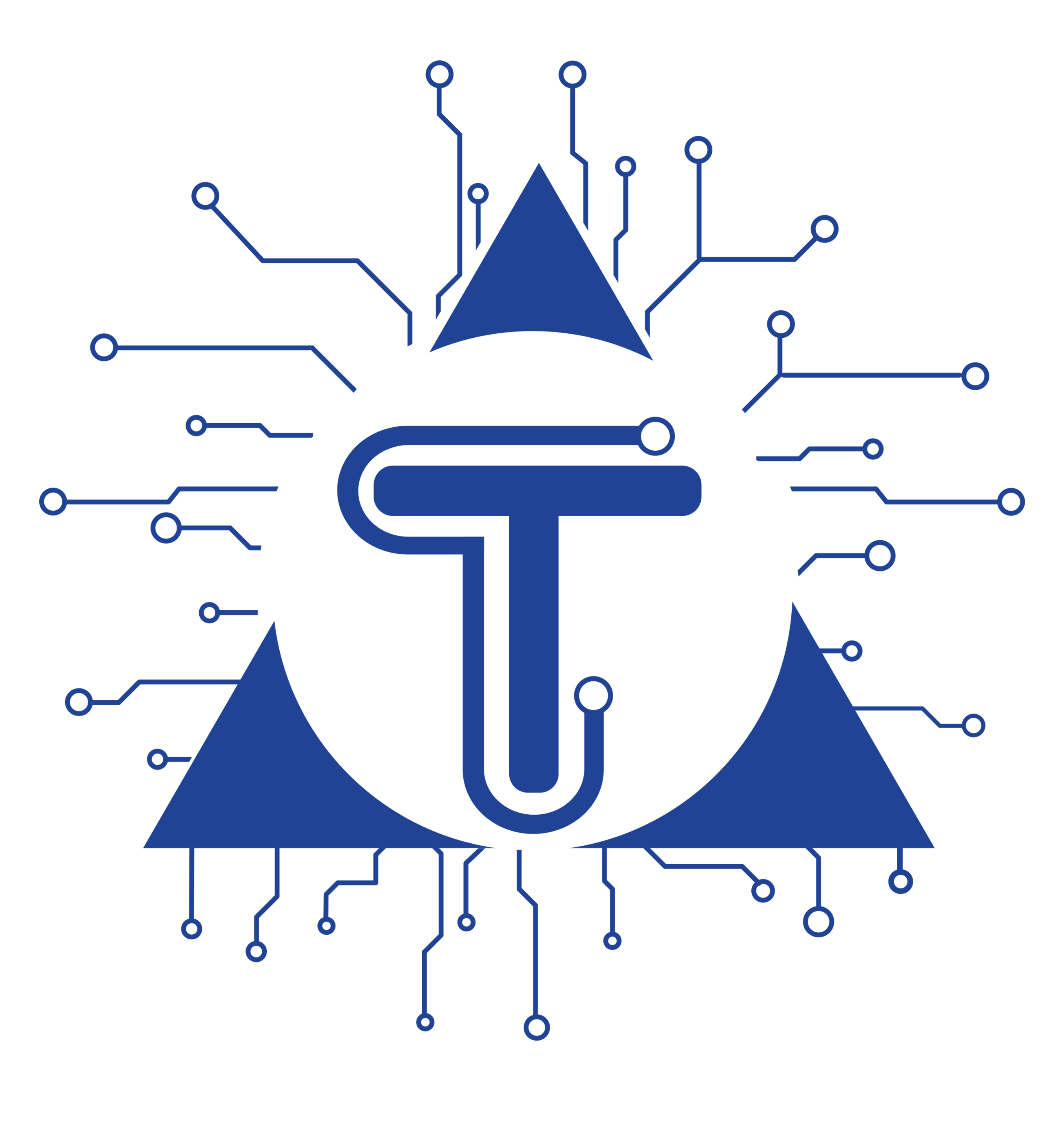
Benefits Of Learning
Ethical Hacking
Ethical Hacking
Mastering ethical hacking requires dedication, perseverance, and continuous self-improvement, fostering personal growth and professional development.
Engaging in ethical hacking communities and forums provides opportunities to connect with like-minded professionals, share knowledge, and stay updated on industry trends.
By helping organizations strengthen their security posture, ethical hackers contribute to a safer digital environment for individuals, businesses, and society as a whole.
Studying ethical hacking promotes an ethical mindset by emphasizing the importance of integrity, honesty, and responsibility in handling cybersecurity issues.
Ethical hacking involves analyzing complex systems, identifying vulnerabilities, and devising effective solutions, honing critical thinking and problem-solving abilities.
The field of cybersecurity is dynamic, requiring constant learning and adaptation to keep up with evolving threats and technologies, fostering a culture of lifelong learning.
Understanding how hackers exploit vulnerabilities helps in identifying and fixing security flaws, making systems more robust.
Ethical hackers are in high demand across various industries, including IT security firms, government agencies, and large corporations, offering lucrative career prospects.
Ethical hackers play a crucial role in safeguarding organizations’ sensitive data and systems from malicious attacks, thereby mitigating potential risks and financial losses.
Ethical hacking emphasizes operating within legal and ethical boundaries, providing valuable skills while staying compliant with laws and regulations.
What is Ethical Hacking?
Ethical hacking, also known as penetration testing or white-hat hacking, is the practice of systematically attempting to penetrate a computer system, network, or application in order to identify and address security vulnerabilities before malicious hackers can exploit them. Ethical hackers use the same techniques and tools as their malicious counterparts, but they do so with the permission and for the benefit of the organization whose systems they are testing.
- Identifying vulnerabilities
- Assessing security posture
- Providing recommendations
- Enhancing security awareness
Why Work With Us
Practical Cyber Defense Techniques
This course focuses on providing hands-on training in implementing defensive strategies against cyber attacks. Students learn practical techniques to secure networks, systems, and applications, including threat detection, incident response, and mitigation strategies. The course covers real-world scenarios and emphasizes the importance of proactive defense measures to safeguard against evolving cyber threats.


